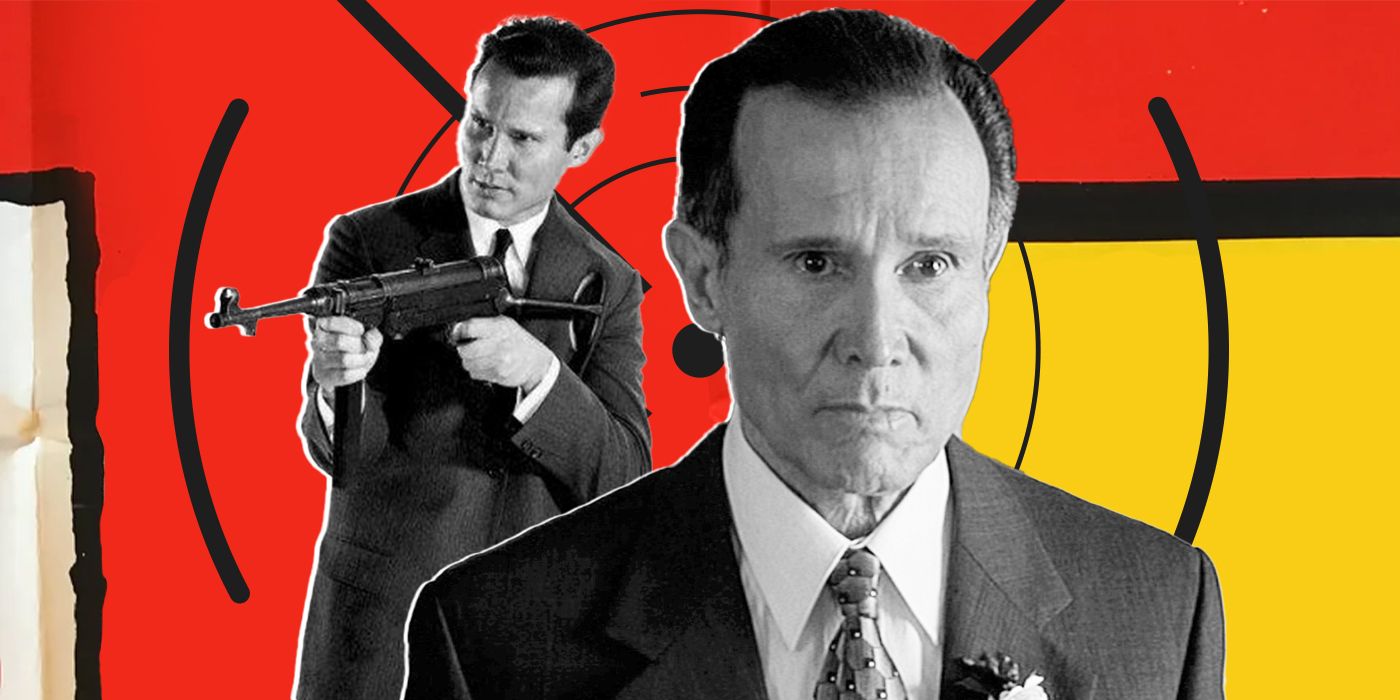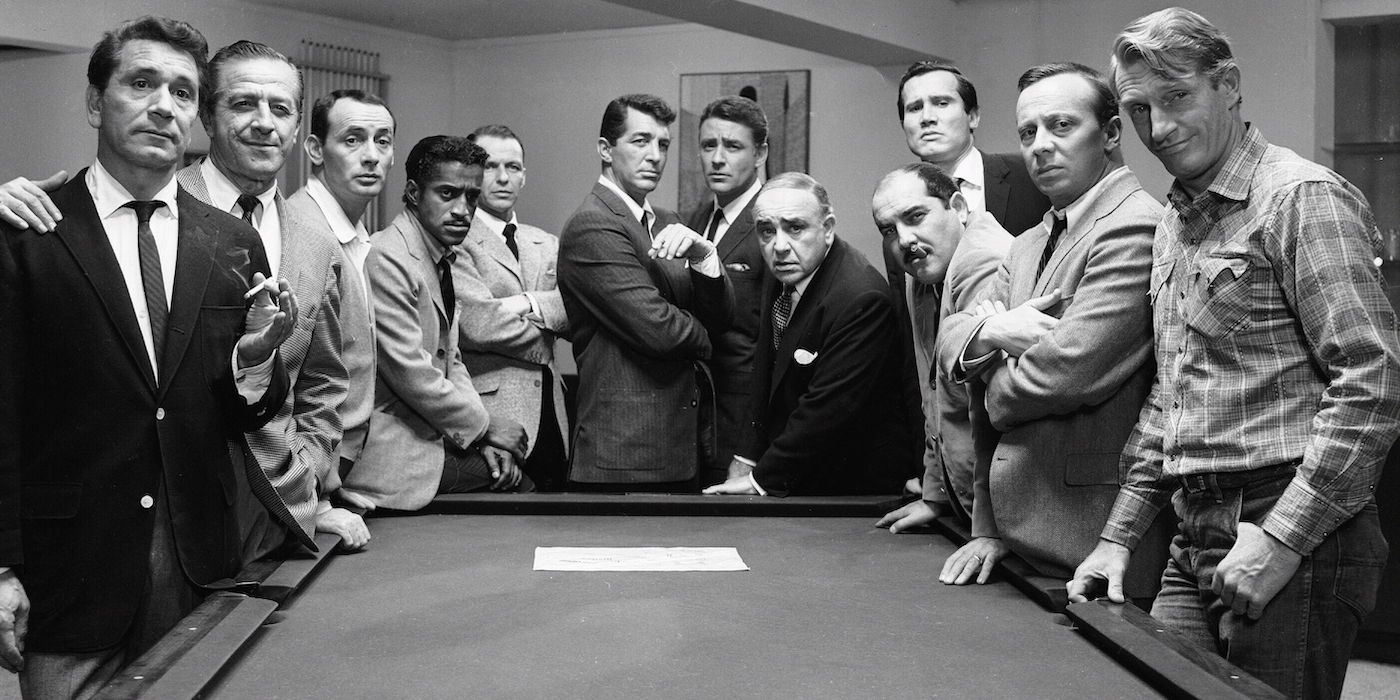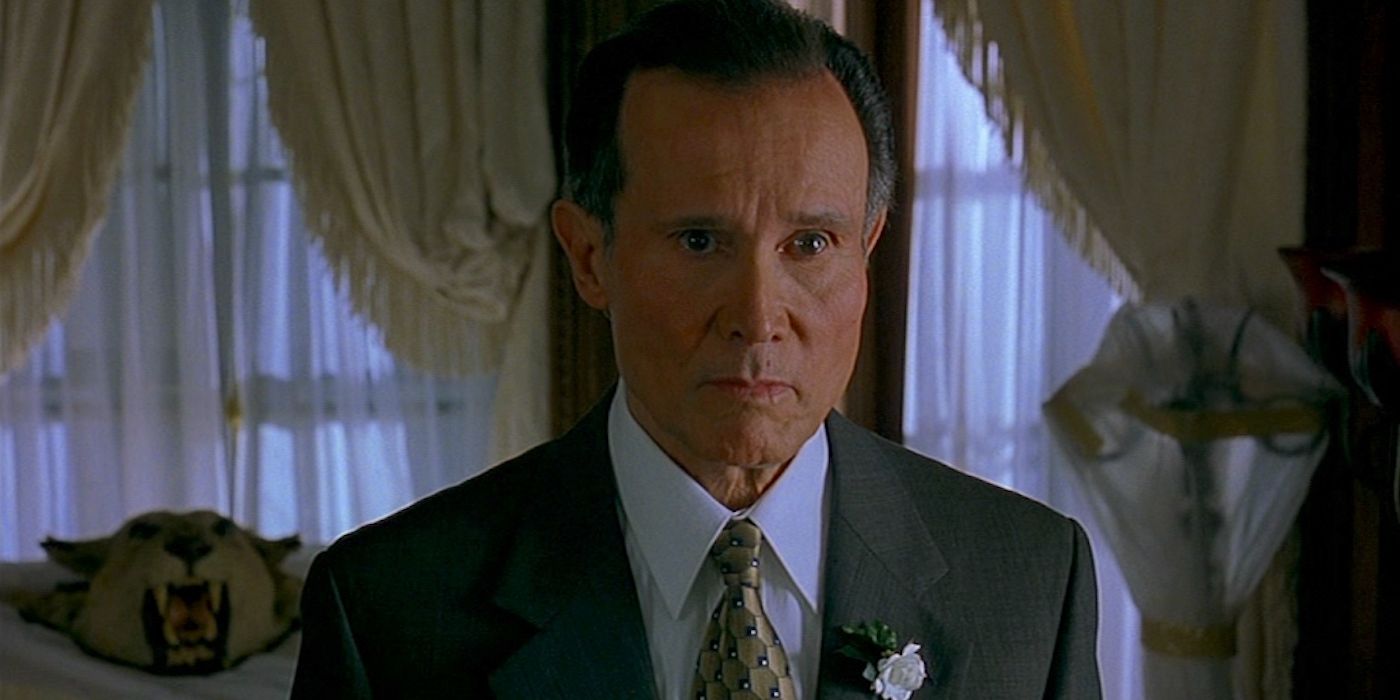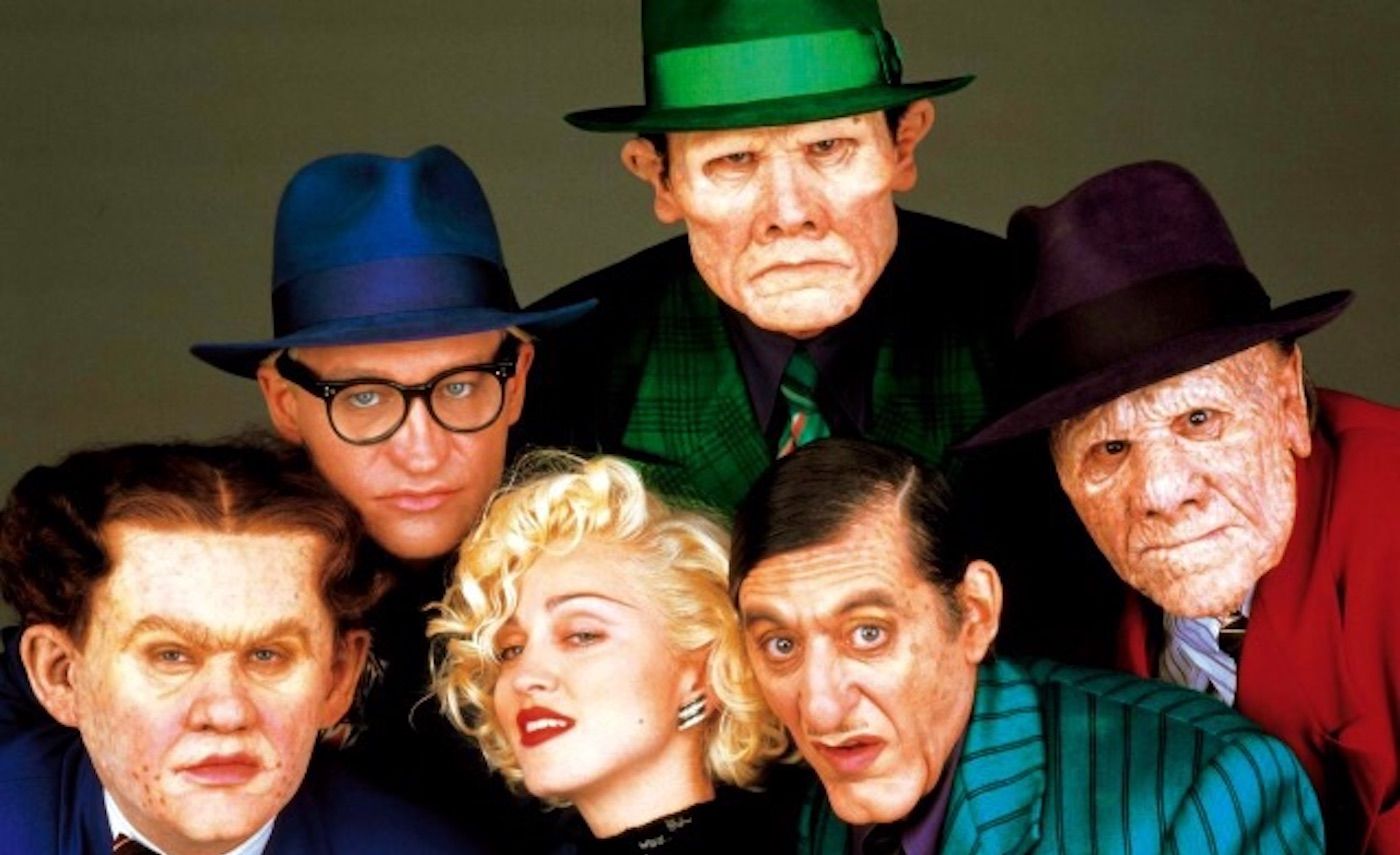Last week saw the passing of one of Hollywood's most recognizable character actors, Henry Silva. “Our hearts are broken at the loss of our dear friend Henry Silva, one of the nicest, kindest, and most talented men I’ve had the pleasure of calling my friend," actor Dean Martin's daughter Deana said in a tweet upon his passing. It's true that Silva was the final living symbol of the "Rat Pack" era, where cool cats in suits and hats smoked cigars and rolled the dice with one arm while holding a dame in the other. But Silva was also able to transcend that 1960s lounge lizard image. In a career that began in 1950 and continued into the 21st century, Silva was that rare performer who could play a heavy just as convincingly as a clown. He seamlessly disappeared into every character he took on.
A Unique Look and an Undeniable Talent
Born in Brooklyn in 1926 to a Sicilian father and Spanish mother, Silva was blessed with an appearance that defied easy classification and opened up a world of possibilities to him onscreen. While he wouldn't necessarily be considered as having "leading man" looks, he could be classically handsome and frighteningly intimidating at the same time. He had those coal-black eyes that at times seemed to look right into the soul, that square jaw and those high cheekbones that displayed strength and force, and a smile and laugh that could alternate between inviting and menacing. His New York upbringing no doubt gave him the "street smarts" that enabled him to slip faultlessly into bad guy roles, but his talent was great enough to allow him to easily take on comic roles just as effectively.
A Bad Guy and a Comic
Silva's first real breakout was as Roger Corneal, one of the suave criminals who scheme to rob a series of Las Vegas casinos in Oceans 11. Although Silva had a string of supporting roles in movies and television prior to being cast in the classic heist film, he was largely unknown to movie audiences. Still, he was more than able to hold his own against superstars like Frank Sinatra, Dean Martin, Peter Lawford, and Sammy Davis Jr. Physically imposing and polished, but with a slightly disturbing edge, Silva stood out as Corneal and made a memorable impression. It's interesting - and genius - that Silva's next role was in Jerry Lewis' 1960 comedy Cinderfella. Playing completely against the persona he cultivated in Ocean's 11, Silva portrayed Lewis' upper crusty, snobbish, yet dashingly handsome evil stepbrother Maximilian, and his comic timing in this silly film was impeccable. The nearly two-minute scene in which Lewis attempts to light a cigarette hanging from Silva's mouth is a master class in slapstick. What made Silva so surprisingly spot-on as Maximilian? Again, it was that unique physical look, paired with the talent to inhabit a character as if he actually knew them, that drew audiences in.
A Frightening Manchurian Candidate Character
Just when viewers were getting used to Silva's funny side, he flipped the script again, portraying what was probably his most surprising, evil, and disturbing character in director John Frankenheimer's 1962 masterpiece, The Manchurian Candidate. Silva played Chunjin, a Korean spy who helps brainwash an unwitting Laurence Harvey into becoming a political assassin. Yes, Silva, a white man, plays an Asian character in the movie. Unfortunately, white actors playing characters of color used to be a common occurrence in cinema. As Chunjin, Silva was controlled and quiet, but with a physical presence so chilling, audiences could practically feel the madness inside the man. With a dead stare from those dark eyes, Silva displayed the extent of Chinjun's malevolence.
From Cool Cat to South of the Border Outlaw
Silva hit his stride in 1963, showing off the depth of his abilities as the lead character in the noir-ish thriller Johnny Cool. Borrowing from his Italian roots, Silva played Sicilian gangster Salvatore Giordano, who comes to the U.S. and masquerades as American Johnny Cool to exact revenge on his mob boss' enemies. Johnny is part Roger Corneal in Ocean's 11 and part Maximilian in Cinderfella - imposing and evil, yet charming and disarming. Only an actor like Silva could have pulled this part off, and only an actor like Silva could have made a violent machine gun attack on Telly Savalas while suspended hundreds of feet above the ground on an elevated window washer's platform look like a ballet. Johnny Cool solidified Silva's persona as the slick, smooth-talking bad guy most folks would cross the street to avoid.
Silva then played a Mexican (another unfortunate sign of the times) henchman in the 1966 Dino DeLaurentiis spaghetti western, The Hills Run Red. As Garcia Mendez, the personal enforcer to a corrupt land baron, Silva was evil personified, dressed head to toe in black with those unmistakable darting eyes and a sinister laugh that sends chills down the spine. When Silva's Mendez bursts through a saloon's doors and yells "Hasta la vista!" before shooting up the patrons, one has to wonder if Silva didn't serve as Arnold Schwarzenegger's inspiration for that unforgettable line in The Terminator. Silva himself would send up that Garcia Mendez role 18 years later in director Paul Bartel's western comedy spoof Lust in the Dust, featuring the legendary Divine. Silva played Bernardo, the leader of a group of Mexican bandits intent on finding the map to a buried treasure. Silva went no-holds-barred in this role, exaggerating the maniacal laughter and icy gaze of those steely eyes, but this time, he did it all for laughs, and audiences could see he was having a blast doing it.
A 'Dick Tracy' Rogue and an Aging Mob Boss
When Warren Beatty went casting for the rogue's gallery of rubbery-faced ruffians for 1990's Dick Tracy, he must have known Silva's unmistakable visage would be the perfect canvas for the character of Influence, one of the many miscreants in the stable of Big Boy Caprice, played by Al Pacino. Watching Silva in this film is like watching a grotesquely surreal version of Ocean's 11 - all the bad guys are assembled and ready for their crime spree, but instead of a group of hip-cool cats, it's an amalgamation of one's worst nightmares. And like in Lust in the Dust, Silva delights in the oddness of it all and chews the scenery in every scene. Beatty must have known he had matched the ideal actor to the role.
Throughout the 90s, Silva continued to take on TV and movie roles that reinforced his tough guy image, but he put the cherry on the cake of his career as mob boss Ray Vargo in director Jim Jarmusch's bizarre 1999 crime-cum-superhero thriller Ghost Dog: The Way of the Samurai. Looking every bit like a character stepping out of one of The Godfather movies, and utilizing that unforgettable mug for everything it was worth, Silva was both frightening and funny as an aging Mafioso struggling to understand his modern world. In a hysterical scene in which Silva's Vargo is told the name of his adversary (Forest Whitaker as Ghost Dog), Vargo has a hard time making sense of it, going on a lengthy diatribe about how the name sounds Native American, then ending his monologue by making the sound of a mooing cow. What's more, Silva played the scene with intensely serious dramatic commitment, never giving into the absurdity of it all. It may be one of his finest movie moments.
There's no doubt Henry Silva made his mark in film history, thanks to his incredible talent for morphing into whatever the role called for. Thankfully, his performances in some of Hollywood's most memorable movies will live on, and future film-going audiences will see Silva up on the screen and be able to say, "Oh, yeah! I know that guy! He is one cool cat! "




